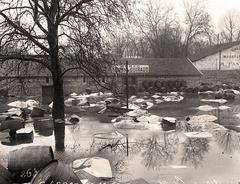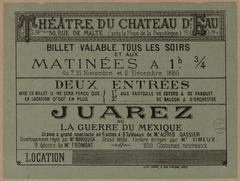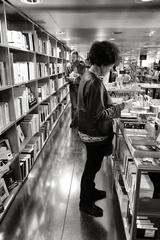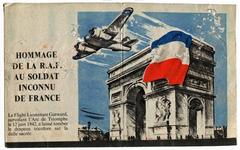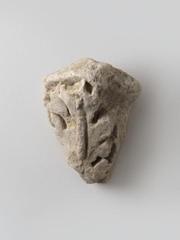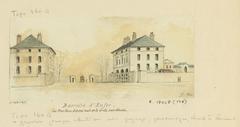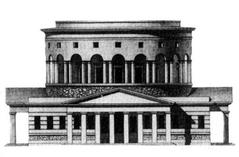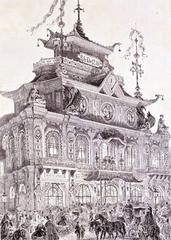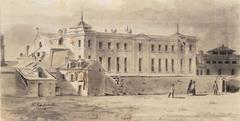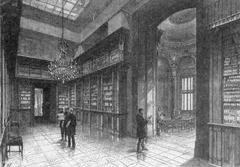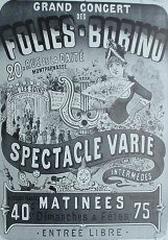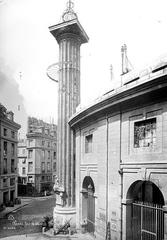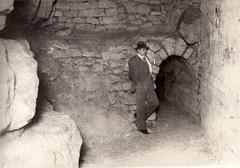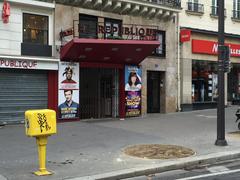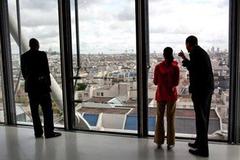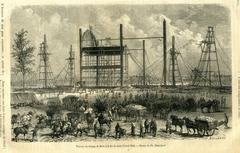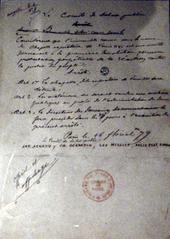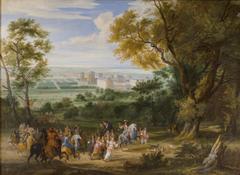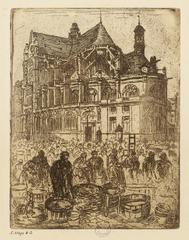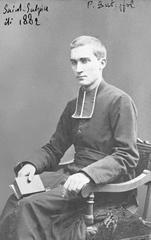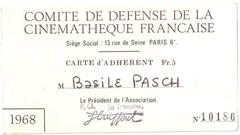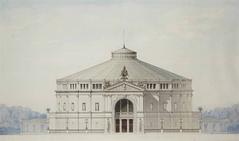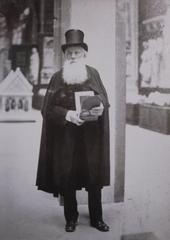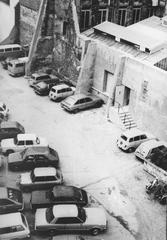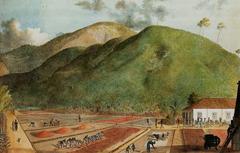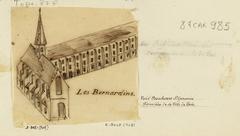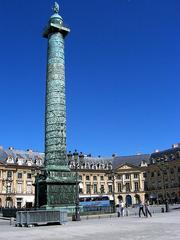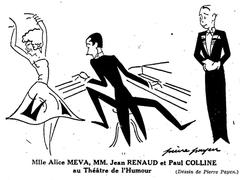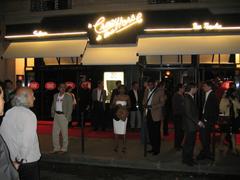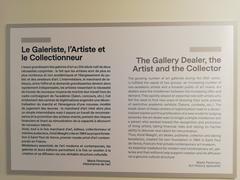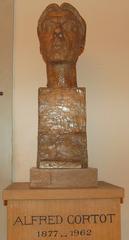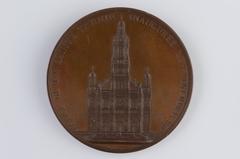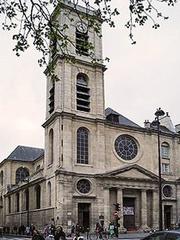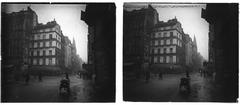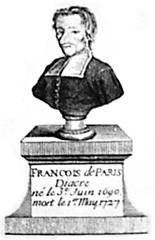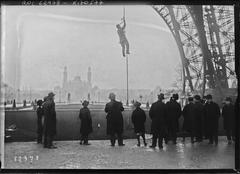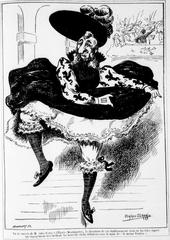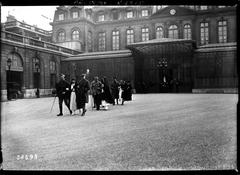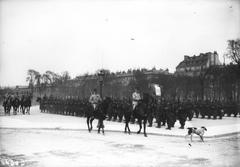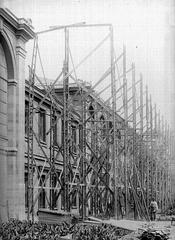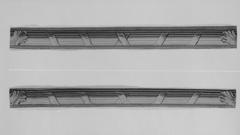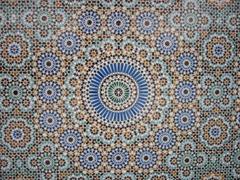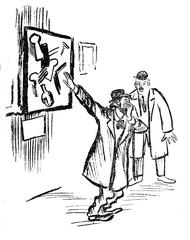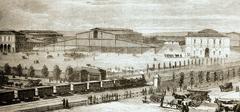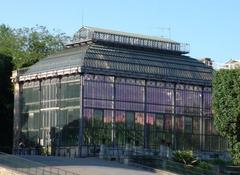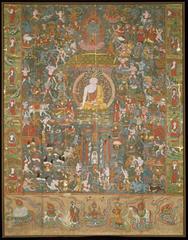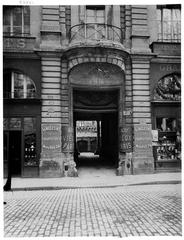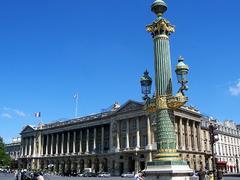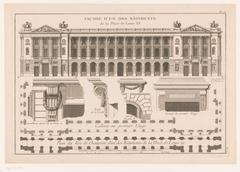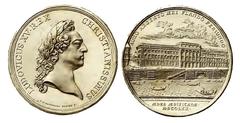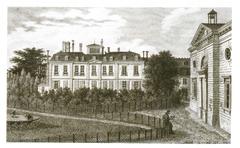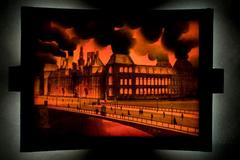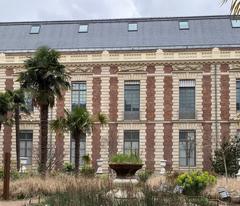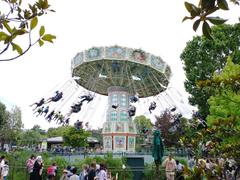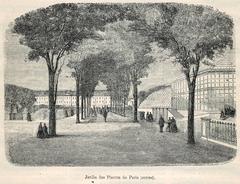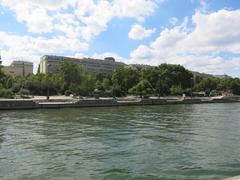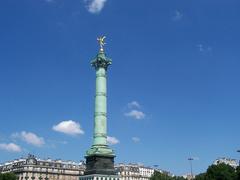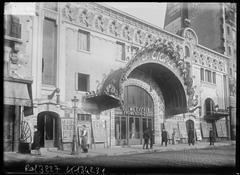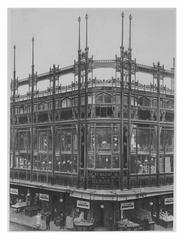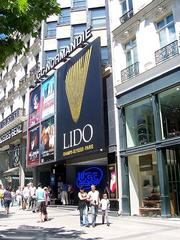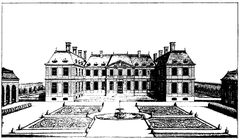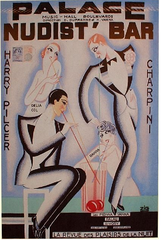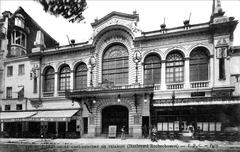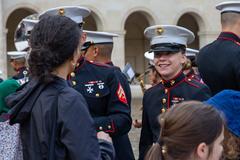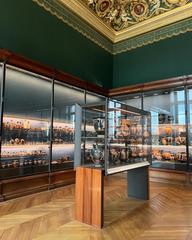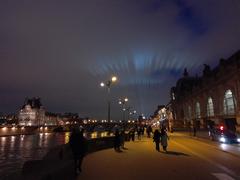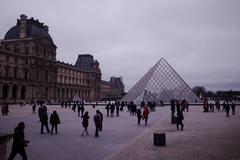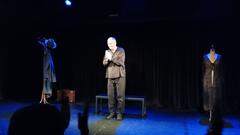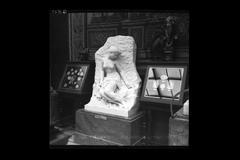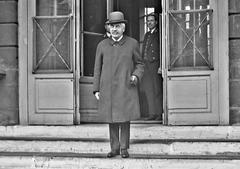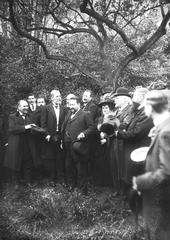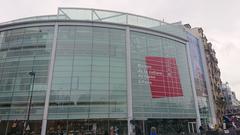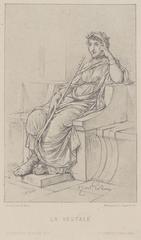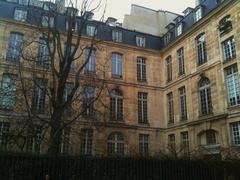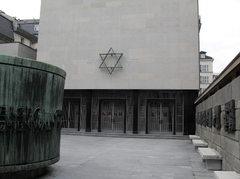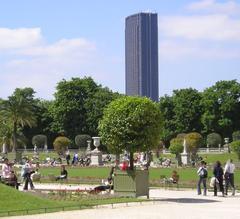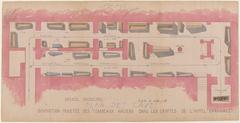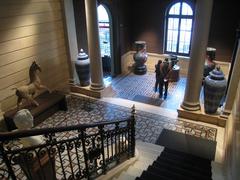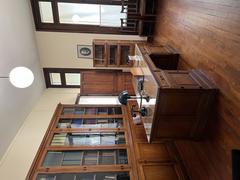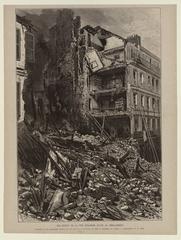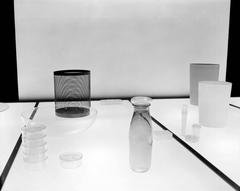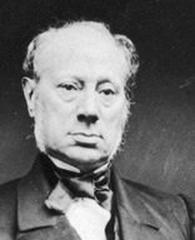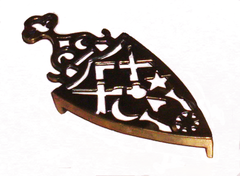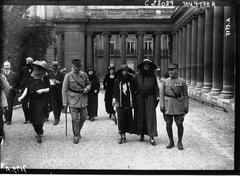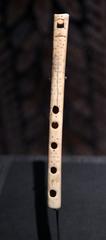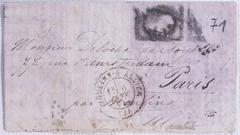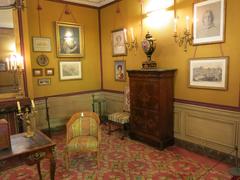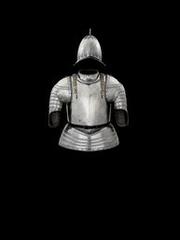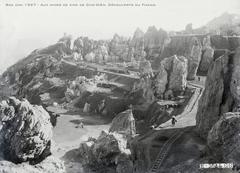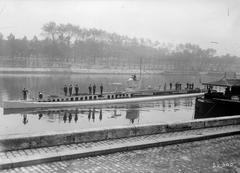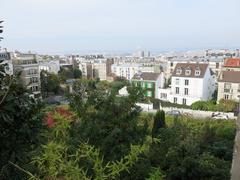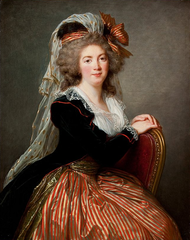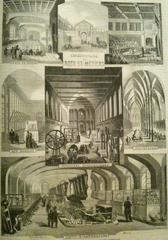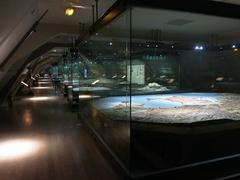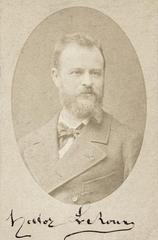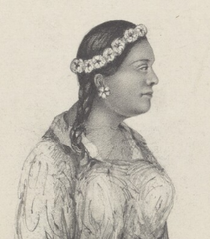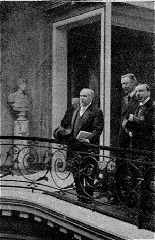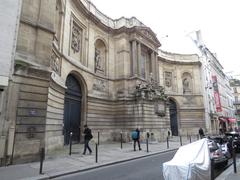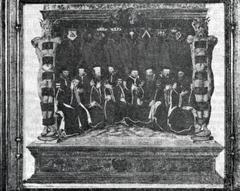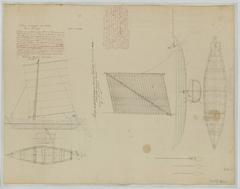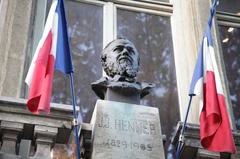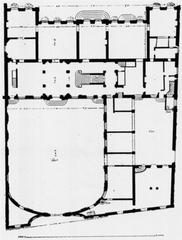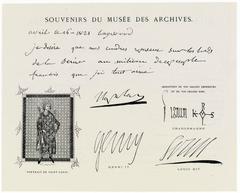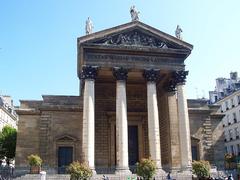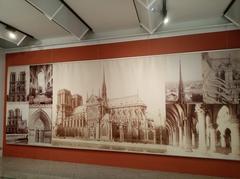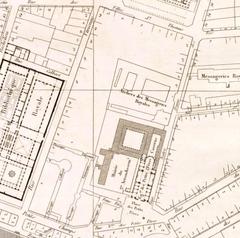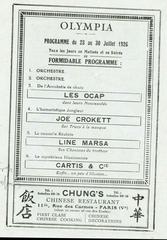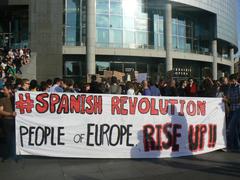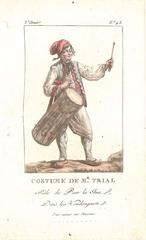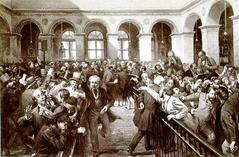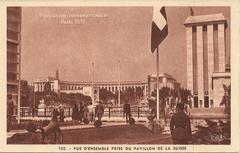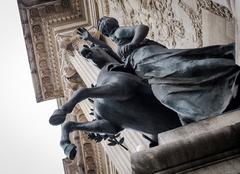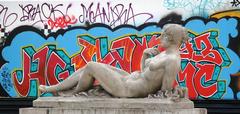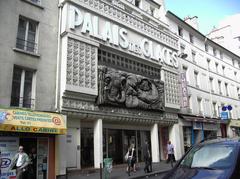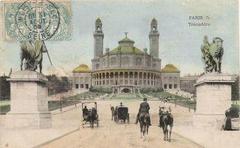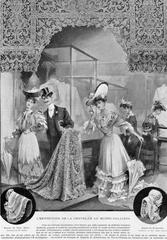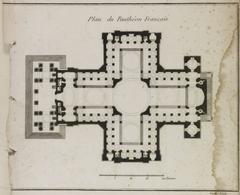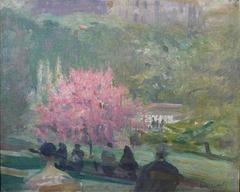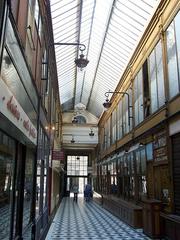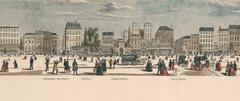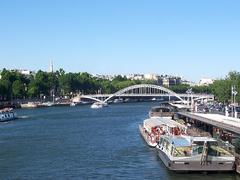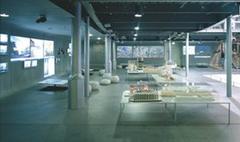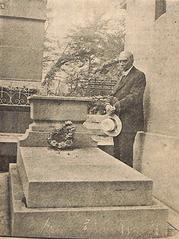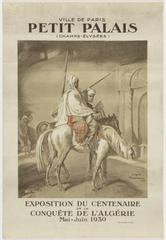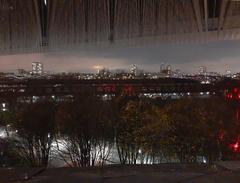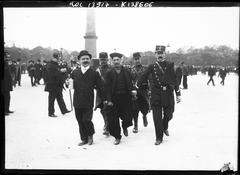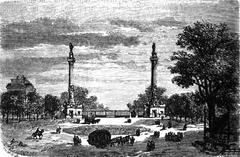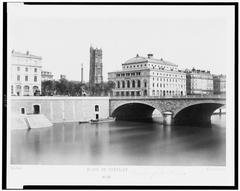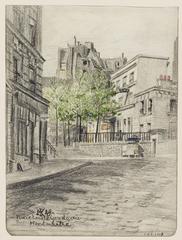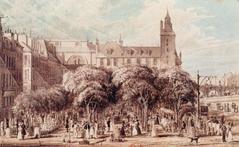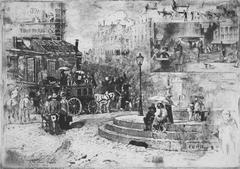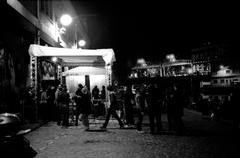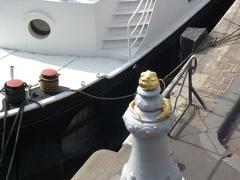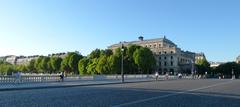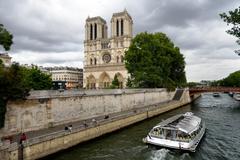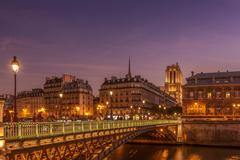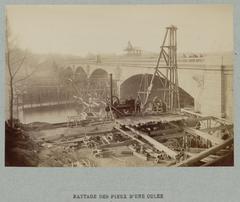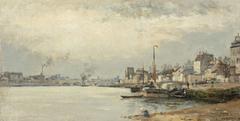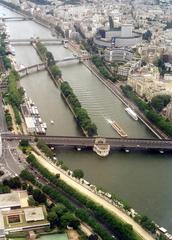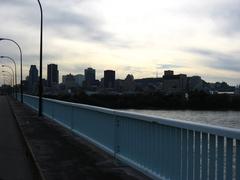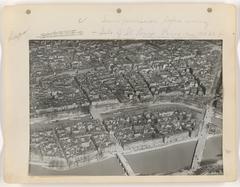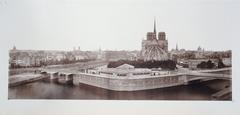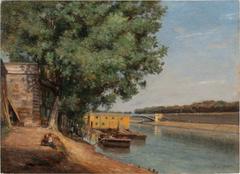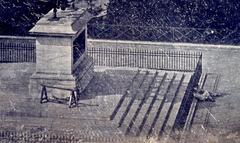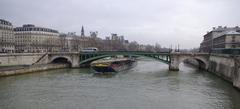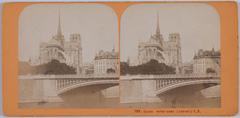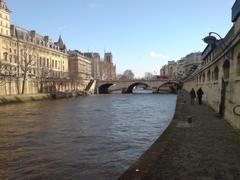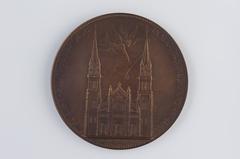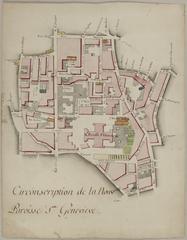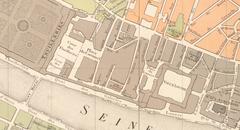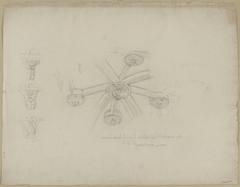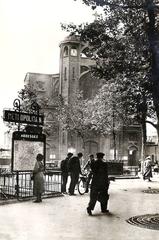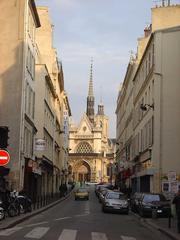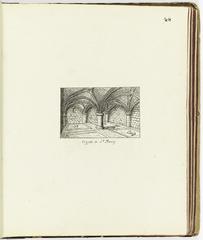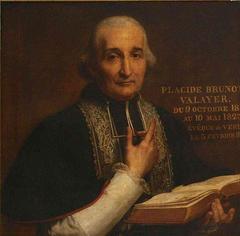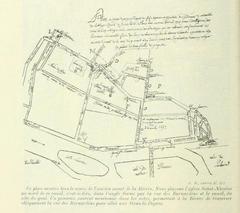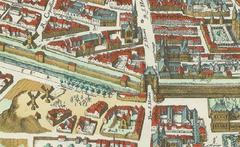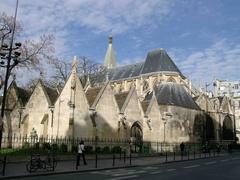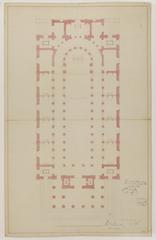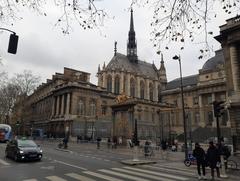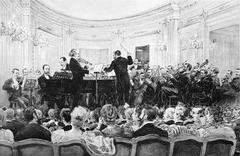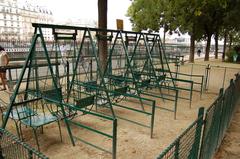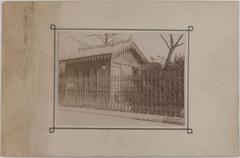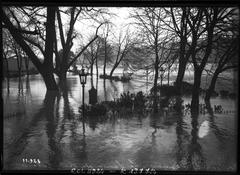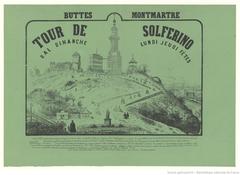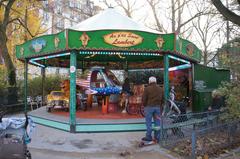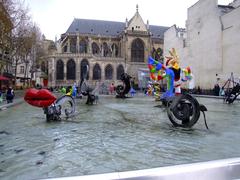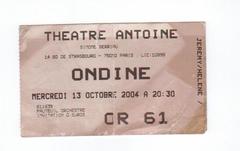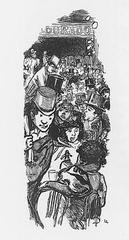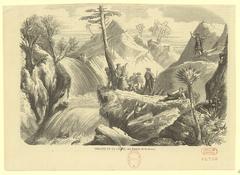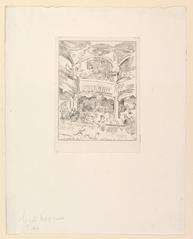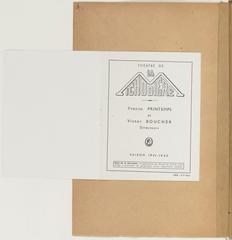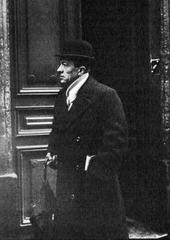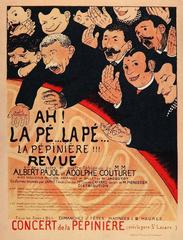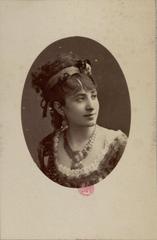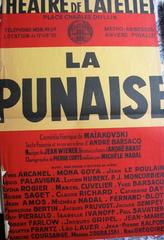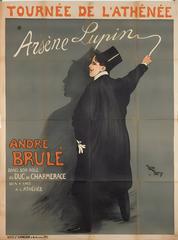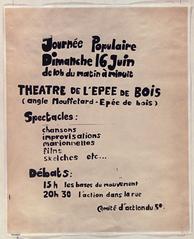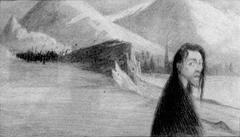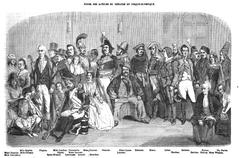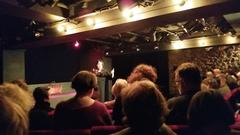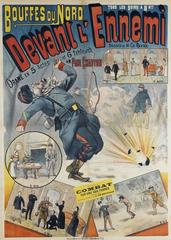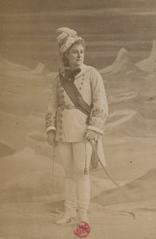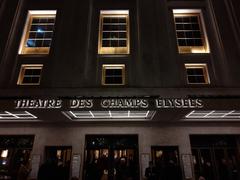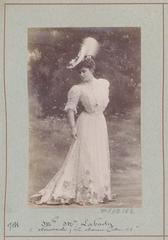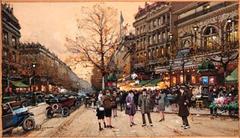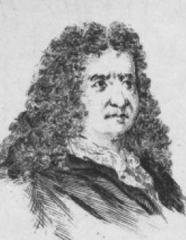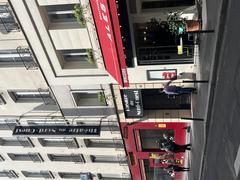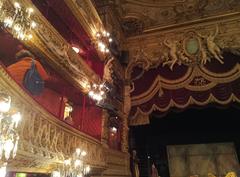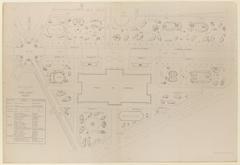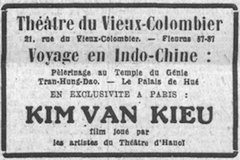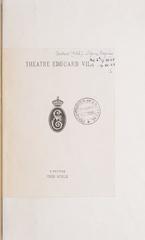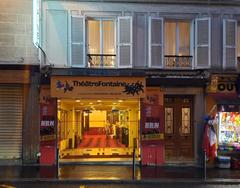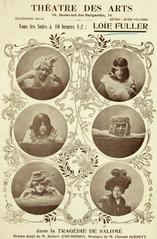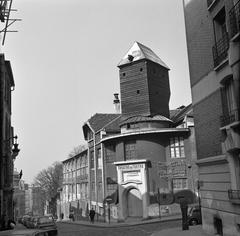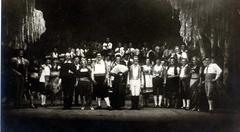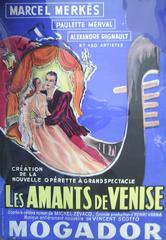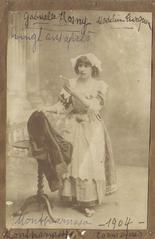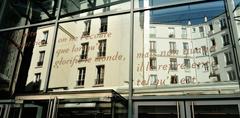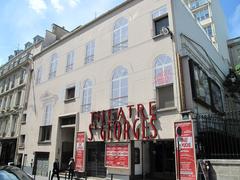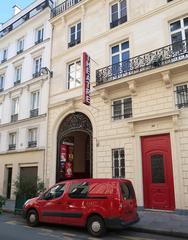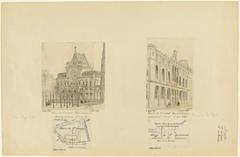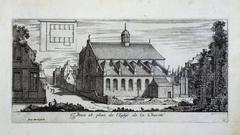Visiting the Delegation of North Korea in Paris, France: Visiting Hours, Tickets, and Tips
Date: 04/07/2025
Introduction: The North Korean Delegation in Paris—History and Significance
Paris is a city celebrated for its cultural depth and global influence, and among its many diplomatic missions is the North Korean Delegation. This office stands as a unique representation of the Democratic People’s Republic of Korea (DPRK) within Western Europe, operating under unique constraints due to the lack of formal France–North Korea diplomatic relations. Despite its unofficial status, the delegation plays a critical role in diplomatic communications, limited consular support, and cultural contact, all within a carefully managed diplomatic framework.
This guide explores the delegation’s historical background, operational protocols, and practical information for those needing to engage with or simply understand its role. While not open to the general public or tourists, knowledge of its presence and function offers valuable insights into the complexities of France–North Korea relations and the broader landscape of international diplomacy. Below, you’ll find authoritative sources for further reading, including the French Ministry of Foreign Affairs and Consulate Info.
Table of Contents
- Introduction
- What Is the North Korean Delegation in Paris?
- Historical Context
- Diplomatic Functions and Roles
- Strategic and Geopolitical Significance
- Visitor Protocols
- Consular Services
- Cultural Considerations
- Location and Nearby Attractions
- Travel Tips
- Frequently Asked Questions
- Summary Table
- Conclusion
- Further Resources
Understanding the North Korean Delegation in Paris
France does not maintain official diplomatic relations with North Korea. Consequently, there is no embassy or consulate, but a small DPRK delegation functions in Paris. Its focus is on unofficial diplomatic engagement, liaison with international bodies, and very limited consular assistance, mainly for North Korean nationals.
The delegation serves as North Korea’s point of contact for UNESCO and other Paris-based international organizations. It also acts as a channel for backchannel communications and humanitarian coordination, reflecting Pyongyang’s intent to keep a presence in globally significant cities despite its isolation from much of Western Europe (Consulate Info).
Visiting the North Korean Delegation: What Tourists and Researchers Should Know
Can Visitors Tour the Delegation?
No. The North Korean Delegation in Paris is not open to the public. There are no tours, exhibitions, or visitor services, and all activities are strictly controlled. Access is by appointment only, typically limited to those with official or consular business.
Location
- Address: 47, rue Chauveau, 92200 Neuilly-sur-Seine, France
- Telephone: (+33) 1 47.47.53.85
- Fax: (+33) 1 47.47.61.41
- Office Hours: Vary; appointments required (Consulate Info)
Nearby Attractions
While you cannot visit the delegation itself, the area offers several sites of historical and diplomatic interest, including:
- Musée de la Libération de Paris – Musée du Général Leclerc – Musée Jean Moulin: Focused on WWII and the French Resistance.
- Bois de Boulogne: A large historic park nearby.
- Arc de Triomphe: Iconic Parisian monument within reach.
- Institut du Monde Arabe: Showcases Paris’s diplomatic and cultural diversity.
Diplomatic Functions and Roles
Representation at International Organizations
The delegation’s principal function is to represent DPRK interests at UNESCO and other international organizations headquartered in Paris, especially in non-political areas like education and cultural heritage.
Consular Services
Services are extremely limited and reserved largely for North Korean citizens, including passport renewals, notarial services, and emergency support. Most other inquiries are redirected to North Korean embassies in third countries.
Diplomatic Communication
The delegation acts as a conduit for unofficial dialogue with French authorities and other diplomatic missions, particularly in crisis or humanitarian situations.
Cultural and Humanitarian Engagement
Occasionally, the delegation participates in cultural or humanitarian projects in collaboration with international organizations or NGOs, aiming to foster exchanges in a tightly controlled context.
Strategic and Geopolitical Significance
- Maintaining a Presence: Paris is a vital international hub, making it strategically important for North Korea to maintain even a limited presence.
- Multilateral Diplomacy: By engaging in UNESCO activities, North Korea can interact with other diplomatic missions and advocate for its interests in non-political domains.
- Humanitarian Coordination: The delegation quietly coordinates aid and humanitarian projects where permitted, despite international sanctions.
Visitor Protocols, Security, and Access
Security and Access
- Appointments are mandatory. Walk-ins are not allowed.
- Security screening: Visitors must present valid ID and undergo checks.
- Photography and recording: Strictly forbidden inside and around the premises.
- Dress code: Conservative business attire is required.
Accessibility
The office is not designed for tourists and has limited accessibility provisions. Notify staff in advance if special accommodations are needed.
Communication Protocols
Contact the delegation via official phone or email. Written requests should be formal and clear. Use respectful language and titles such as “Comrade” or “Respected” (Classroom Synonym). Response times may be slow.
Consular Services
Visa Application
- Eligibility: Limited to diplomats, humanitarian workers, or those with special government authorization (Uri Tours).
- Process: Submit completed forms, passport, photos, and supporting documents.
- Tourism: General tourism is suspended for most nationalities.
Support for North Korean Nationals
Passport renewals, notarial services, and emergency assistance are available for DPRK citizens in France, though these cases are rare.
Emergency and Legal Support
The delegation only assists North Korean nationals in emergencies, coordinating with French authorities as necessary.
Cultural Etiquette and Considerations
- Greeting: Formal bows or nods, handshakes only after being initiated by delegation staff (Classroom Synonym).
- Communication: Polite, measured, and free of humor or sensitive topics.
- Gifts: Small, neutral gifts are appreciated for official meetings—present with both hands.
- Respect for Symbols: Never touch or photograph images of North Korean leaders.
- Ethical Considerations: Be aware of the broader implications of any engagement with DPRK institutions (Xplrverse).
Location and Travel Tips
- Combine your visit with trips to local museums or historical sites.
- Public transport: The delegation is accessible via Paris Metro and bus routes.
- Photography: Only from public streets; maintain discretion.
- Guided tours: Consider political history tours for context.
Frequently Asked Questions
Q: Can I visit the North Korean Delegation in Paris without an appointment?
A: No. Appointments are required, and access is limited to official business.
Q: Are there tickets or entry fees?
A: No. The delegation is not a tourist site and does not sell tickets.
Q: Is photography allowed?
A: No. Photography and recording on the premises are strictly prohibited.
Q: What languages are spoken?
A: Korean and French; English is sometimes accommodated.
Q: What consular services are provided?
A: Primarily for North Korean nationals; includes passport renewal and emergency assistance.
Summary Table: Key Facts
| Aspect | Details |
|---|---|
| Status | Limited, unofficial diplomatic office; not a public embassy or consulate |
| Public Access | Not open to the public; appointment required |
| Location | 47, rue Chauveau, 92200 Neuilly-sur-Seine, Paris |
| Nearby Sites | Musée de la Libération, Bois de Boulogne, Arc de Triomphe |
| Photography | Forbidden on premises |
| Dress Code | Formal business attire |
| Legal Considerations | Strict adherence to sanctions and local laws required |
Conclusion
The North Korean Delegation in Paris is not a tourist destination, but its presence is an important element of France’s diplomatic landscape. Those engaged in official, academic, or humanitarian activities may interact with the delegation under strict protocols. For anyone interested in international relations, the context and function of this office provide a fascinating glimpse into the complexities of global diplomacy.
For further reading and the latest updates, consult the French Ministry of Foreign Affairs and Consulate Info.
Further Resources
- French Ministry of Foreign Affairs
- Consulate Info
- Another Travel—North Korean Culture
- Classroom Synonym—Greeting Etiquette
- Uri Tours—Tourism FAQs
- The Diplomat—Engagement in North Korea
- Xplrverse—North Korea Travel Safety
For more diplomatic travel guides and up-to-date information, download the Audiala app and follow us on social media.
